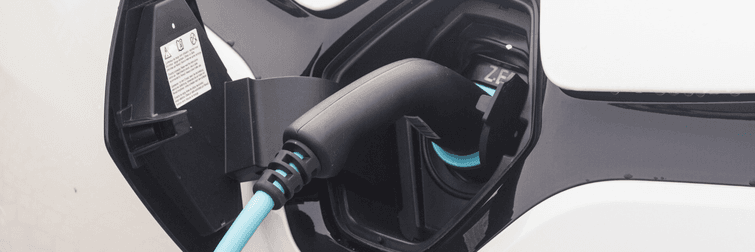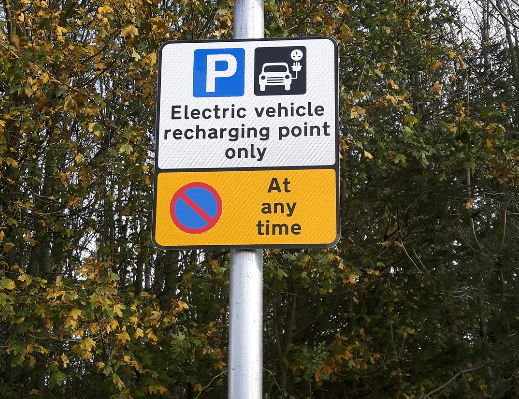
blog: Green number plates - one step forward, two steps back?
Tuesday 12th November 2019
Currently, the UK is aiming to achieve net zero emissions by 2040 with some MPs pushing for a ban on diesel and petrol cars by mid-2030. In order to achieve this, the Government has to encourage drivers to change their existing habits, one of which is their preference for conventionally fuelled cars.
Growing use of green number plates
Last month, the UK Government revealed plans to boost the sale of zero-emission vehicles through a “green number plate” initiative. The idea is based on similar schemes in Norway and Canada that see vehicles with low or zero emissions assigned a green number plates that entitles the vehicle to benefits including no road tax, the use of bus lanes and free parking, therefore coercing drivers to go electric.
Those who go electric in the UK already benefit from £3,500 towards the cost of their new electric vehicle and no annual road tax, if the total cost of the car is below £40,000. However, a quick comparison of sales would suggest these incentives aren’t enough when compared to world leaders like Norway. In March 2019, Norway saw the electric car market take 59% of new sales, compared to 0.9% in the UK.
So how would the existing benefits and the suggestions that come along with the proposed green number plates affect drivers and the network?
Fuel duties and road tax
In 2016/17, the UK government raised approximately £27.9 billion in fuel duties and £6 billion in vehicle excise duty (road tax), equating to 6% of the £569.3 billion total raised in the financial year. This shortfall would have to be picked up elsewhere to maintain a highway network that is fit for purpose. How long would it be viable to waive road tax on those using infrastructure, and even if it was waived, where will the additional £27.9 billion come from?

Bus lanes
Another benefit offered to these new cars is the use of congestion-free bus lanes. In my opinion, opening up these corridors for high-occupancy vehicles to single-occupancy cars defeats the original purpose of them. It might encourage a short-term increase in the purchase of zero-emission vehicles, but the networks would inevitably be plagued by the issues of their past where buses are once again part of the congestion and all lanes are grid-locked - undoing years of progressive planning.
Parking
The third proposed benefit is free parking. The issue is a lot of parking is free and where it isn’t, its because there is money to be made. The reality is those car parks that do charge need to raise revenue to be viable. If they can’t make any money, the site they occupy will be developed for something that does. Electric-only spaces, often with charging facilities provided, are an increasingly common occurrence in the UK car parks.

Are they worth it?
Ultimately, electric cars are the lesser of two evils. When compared to their conventional counterparts, electric vehicles offer improvements in air quality (assuming they are charged sustainably!) however, they can only benefit from incentives such as no road-tax, the use of bus lanes and free parking whilst they make-up the minority of vehicles on the road.
If we want to see a move towards sustainable, low-carbon transport, we need to prioritise alternatives to private cars. We already have solutions to the problems, but more often than not the opposition will pull out a card with inflammatory rhetoric of “long-term disruption” and “high-cost”. Maybe this is a cynical take on the green number plate scheme, but I struggle to see the longevity of a scheme that offers financial incentives and preferential treatment before they are inevitably retracted.
Interested in finding out about the sort of work that ITP's Development Planning Team is involved with? Click here to browse our website.
